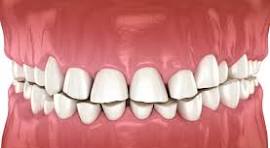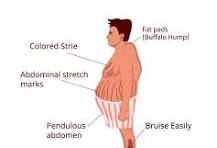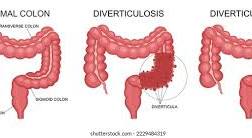INTRODUCTION
Health is wealth—a simple yet profound truth. There is no small sickness just
as there is no small snake. The same venom is both in the big snake and in
the small one. One sickness can drain a
lifetime of savings, leaving individuals and families in distress. While modern
medicine has made remarkable strides in diagnosing and treating diseases, many
health conditions continue to defy medical solutions, pushing us to explore
alternative approaches.
Natural Remedy For Bruxism
Bruxism, or teeth grinding, can be a common issue that affects many
people. While it’s essential to consult with a dentist or healthcare
professional for a proper diagnosis and treatment plan, there are some
natural home remedies that may help alleviate symptoms or reduce the
frequency of teeth grinding. Here are several effective natural
remedies, along with explanations of how they work and instructions
on how to prepare and use them:
1. Magnesium Supplements:
How it works: Magnesium can help relax muscles and reduce
muscle tension, which can be a contributing factor to teeth
grinding.
Preparation: You can find magnesium supplements in various
forms (e.g., magnesium citrate, magnesium glycinate) at health
food stores or pharmacies. Follow the recommended dosage on
the product label or consult a healthcare professional for
guidance.
2. Valerian Root:
How it works: Valerian root is known for its sedative properties
and can help relax the nervous system, potentially reducing the
likelihood of teeth grinding caused by stress or anxiety.
Preparation: You can make valerian root tea by steeping 1
teaspoon of dried valerian root in hot water for 10-15 minutes.
Drink this tea about 30 minutes before bedtime. Valerian root
supplements are also available in capsule or tablet form.
3. Warm Compress:
How it works: Applying a warm compress to the jaw muscles
can help relax them and reduce discomfort associated with teeth
grinding.
Preparation: Soak a clean cloth in warm water, wring out excess
moisture, and place it on your jaw for 15–20 minutes. Do this
before bedtime to help relax the jaw muscles.
4. Chamomile Tea:
How it works: Chamomile tea has soothing properties that can
help calm anxiety and promote relaxation.
Preparation: Steep a chamomile tea bag or 1–2 teaspoons of dried
chamomile flowers in hot water for 5–10 minutes. Drink this tea
before bedtime to help reduce stress and tension.
5. Lavender Essential Oil:
How it works: Lavender essential oil is known for its calming
and relaxing effects, which can help reduce stress and anxiety that
may contribute to teeth grinding.
Usage: Add a few drops of lavender essential oil to a diffuser and
use it in your bedroom before sleep. You can also dilute it with a
carrier oil and apply a small amount to your temples and wrists.
6. Biofeedback:
How it works: Biofeedback techniques can help you become
more aware of when you clench or grind your teeth, allowing you
to consciously work on breaking the habit.
Usage: Consult with a healthcare professional or therapist trained
in biofeedback therapy. They will guide you through the process
of becoming aware of your teeth grinding patterns and provide
strategies to control it.
7. Stress Reduction Techniques:
How it works: Managing stress through techniques like yoga,
meditation, deep breathing exercises, or progressive muscle
relaxation can help reduce teeth grinding caused by anxiety and
tension.
Usage: Practice these techniques regularly to manage stress levels
effectively.
It’s essential to consult with a healthcare professional or dentist before
attempting any home remedies for bruxism, as they can help identify
the underlying causes and provide guidance on the most suitable
treatments for your specific situation. Additionally, some remedies may
not be appropriate for everyone, especially if you have allergies or
underlying medical conditions, so always seek professional advice.



